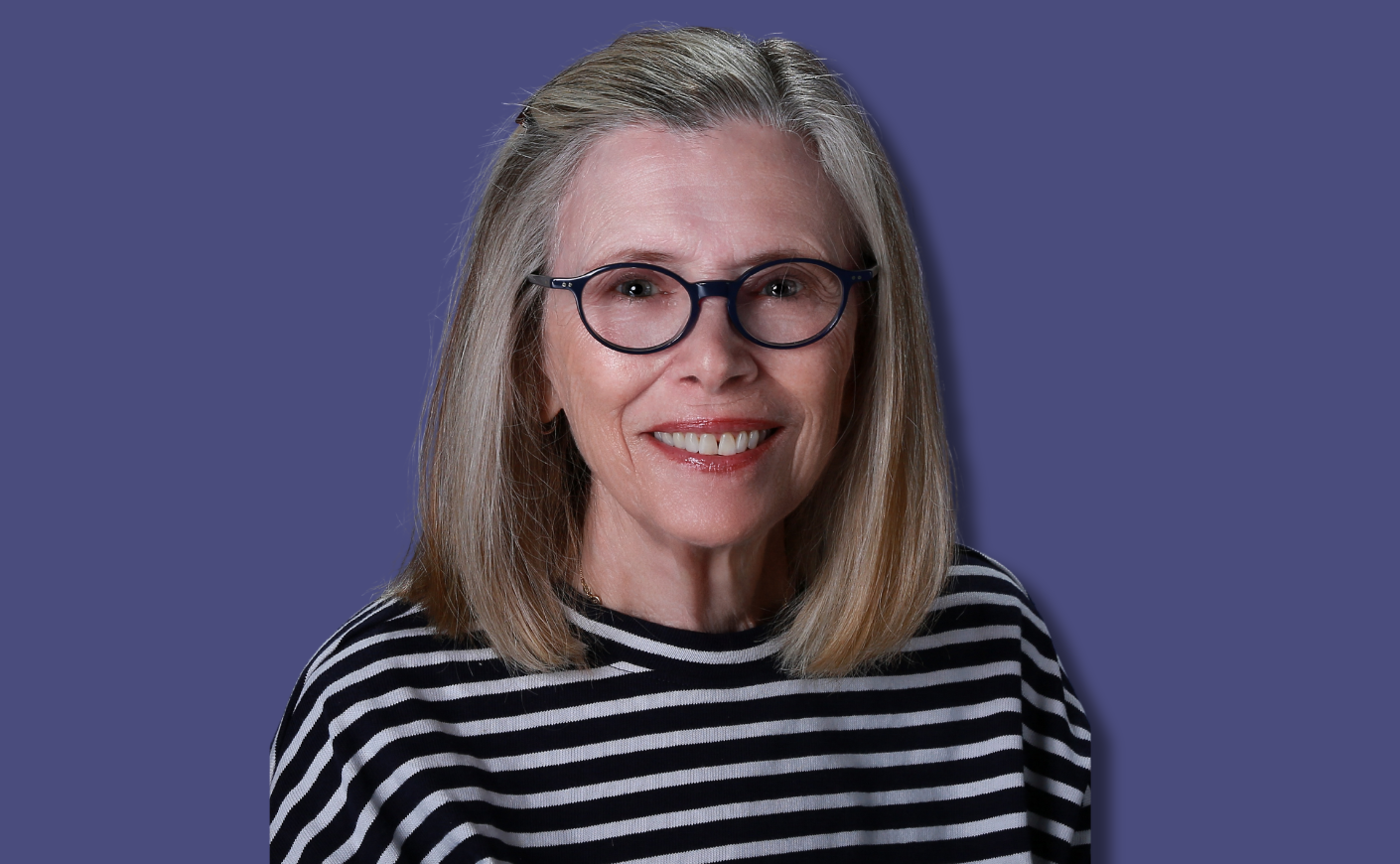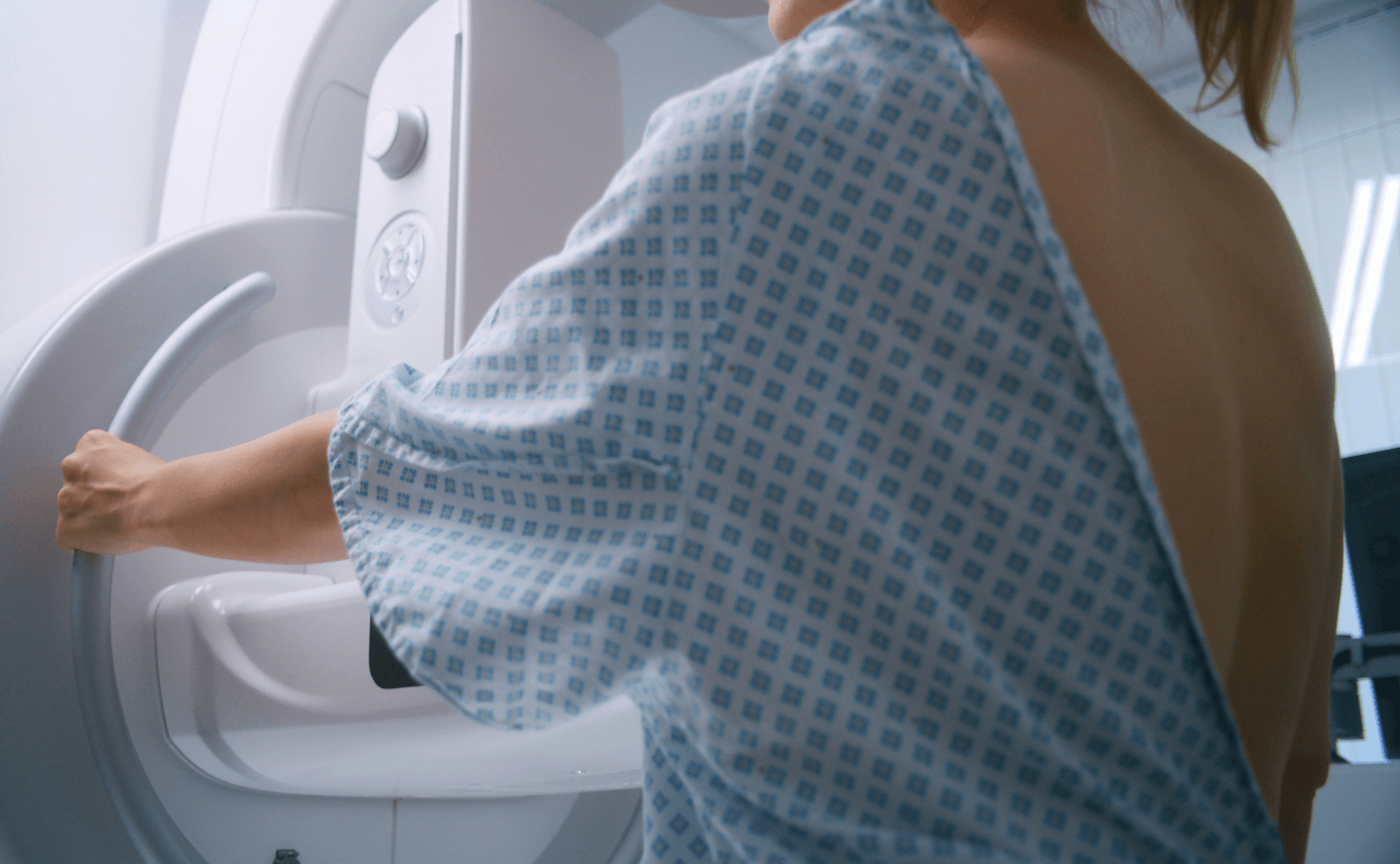At 77 years old, Gail Rosenberg, who lives in the Boston area, thought she was headed for another routine mammogram appointment earlier this year. But thanks to awareness raised by Katie’s (and Wake-Up Call’s) extensive reporting on breast cancer and the complications of screening dense breasts, Rosenberg knew to push for additional screening — a decision that may have saved her life.
After her mammogram came back clear, Rosenberg’s radiologist said, almost in passing, “You know you have dense breasts, right?” That remark was familiar territory for Rosenberg: “I replied that I did know I have dense breasts, and that I’d been reading a lot about that — thanks to you, Katie — and said I wanted an MRI,” she recalled.
When her doctor cautioned that insurance wouldn’t cover that additional test, Rosenberg didn’t hesitate. She told her radiologist she didn’t care, but notes, “I know that I’m one of the fortunate ones who can say that.”
The MRI revealed two tiny tumors in different parts of the same breast — a follow-up ultrasound and biopsy confirmed that diagnosis. Rosenberg underwent a lumpectomy, followed by a short five-day course of radiation. “My doctors at Dana-Farber have been wonderful,” she said. “I’ve told everyone that because of Katie Couric, the tumors were found very early.”
Rosenberg described her radiation treatment as straightforward. “It was practically a non-event — easy and painless. The radiation oncology team at Dana-Farber is amazing. I even rang the bell when I finished my last treatment.” Now recovering, Rosenberg doesn’t mince words about the role advocacy played in her journey. “Katie, thank you so much for saving my life,” she said. “And my husband, my daughters, and my grandchildren thank you, too.”
After sharing her story, Rosenberg gave us more details on what motivated her to advocate for supplemental screening, how she navigated her diagnosis, and the advice she has for other women.

Katie Couric Media: You mentioned that you usually skim newsletters but always stop when something about breast cancer appears. Can you share what made you pay such close attention to that topic over the years?
Gail Rosenberg: The media has made me very aware of breast cancer, and I’ve had so many friends and acquaintances who either have breast cancer or are survivors. It’s impossible to ignore.
When your radiologist reminded you about dense breasts, you already knew what that meant — and you immediately pushed for an MRI. How did you find the confidence to advocate for yourself in that moment?
Being well-read and hyper-aware has kept breast cancer front and center for me when it comes to maintaining my health. Katie’s advocacy has made me especially diligent. So when the radiologist noted that I had dense breast tissue — which I’ve always known — Katie’s interviews and newsletters gave me the awareness and courage to insist on an MRI.
Many women are told “insurance won’t pay” and might stop there. What would you say to someone who doesn’t have the same resources or feels hesitant to push back?
That’s a tough one. I know I’m fortunate to have the resources to go ahead regardless. But this is a massive crisis, and we need broader solutions so women don’t feel trapped by the cost.
Can you walk us through what went through your mind when you learned that the MRI had detected two small tumors?
I wasn’t panicked, surprisingly. I immediately went into action mode and reached out to my primary care doctor for advice. With her guidance and some general knowledge I already had, I pulled a team together within 24 hours.
You described your care team at Dana-Farber as wonderful. Is there something about the way they treated you that stood out or helped you feel supported?
I don’t know if Dana-Farber is unique, but it certainly feels amazing. From the valet car parkers to the front desk staff, to the oncologists and surgeons — everyone has been genuinely kind and supportive. And of course, as one of the top cancer centers in the U.S., the depth of knowledge about breast cancer is unmatched. I’m very lucky it’s right in my backyard.
You credit Katie’s reporting with helping you know what to ask for. What message would you want other women — especially those who may not read every word — to take from your experience?
Start reading every word! Katie’s interviews and the articles on her site are a wealth of information. I truly believe she saved my life.
How are you feeling now as you head into radiation treatment, and what has helped you stay grounded through this process?
I’ve now completed my course of radiation, and in a week I’ll start taking Tamoxifen. What’s helped me stay grounded is the outstanding medical care I’ve received — and the encouraging statistics on breast cancer survival today.
Looking back, what advice would you give other women in their 70s (or at any age) about being proactive with their health and screenings?
Read everything you can, listen to others, and don’t ever think you’re too old for it to happen to you.









